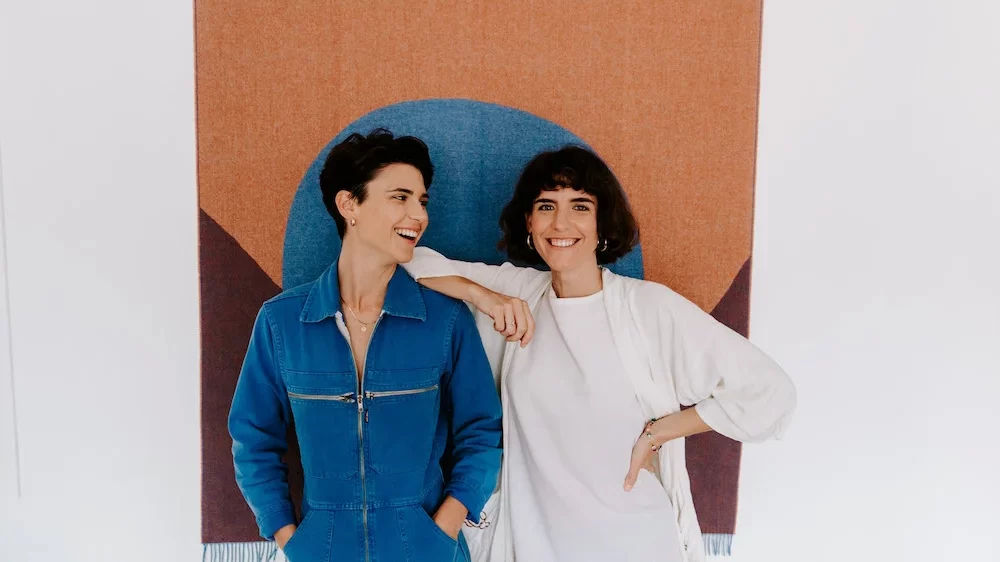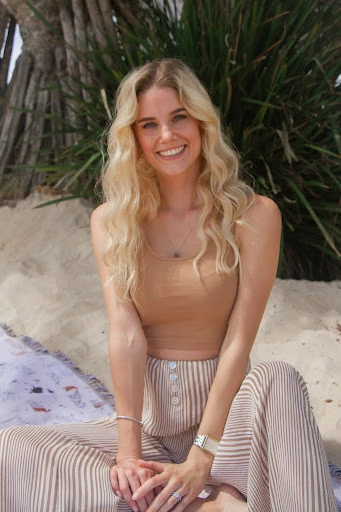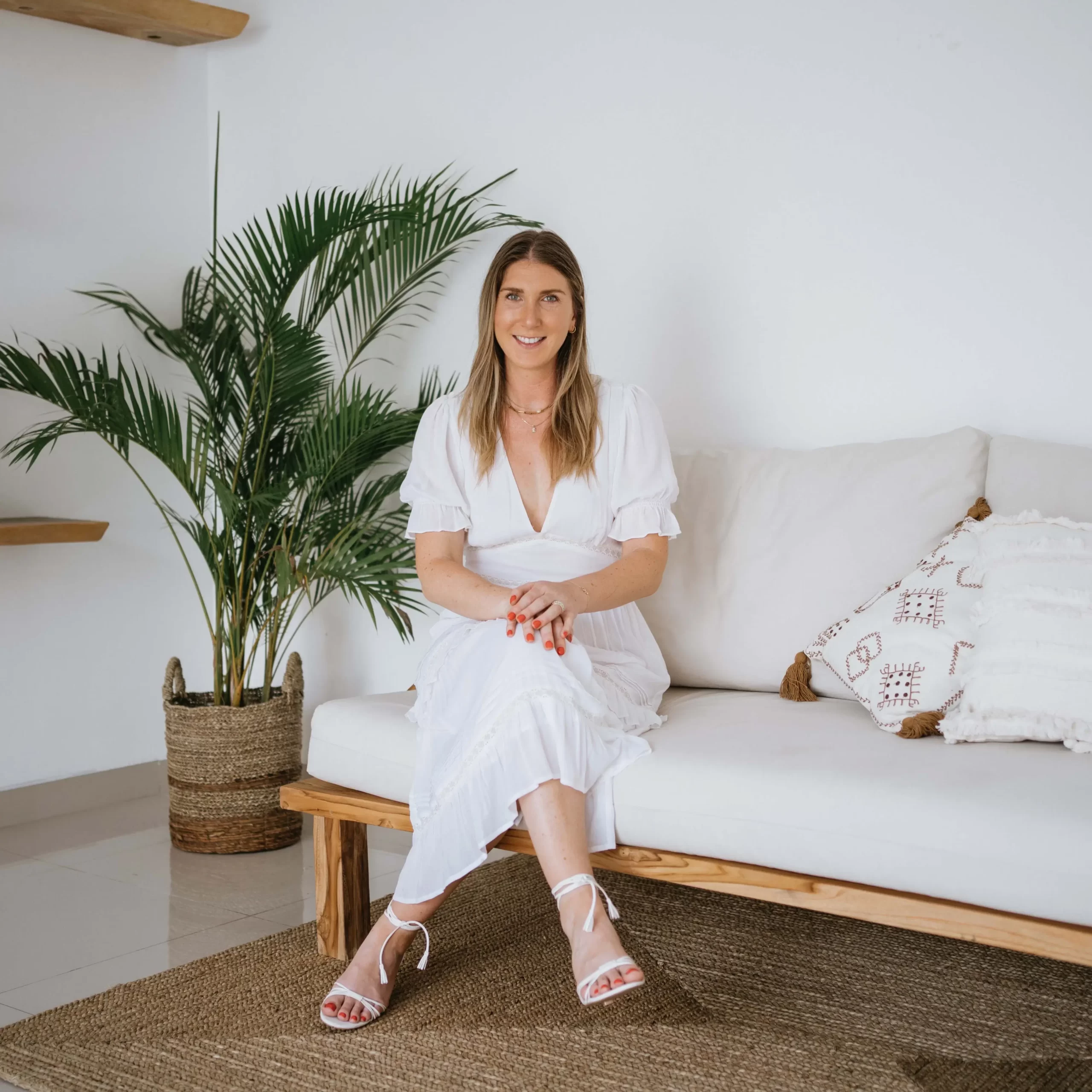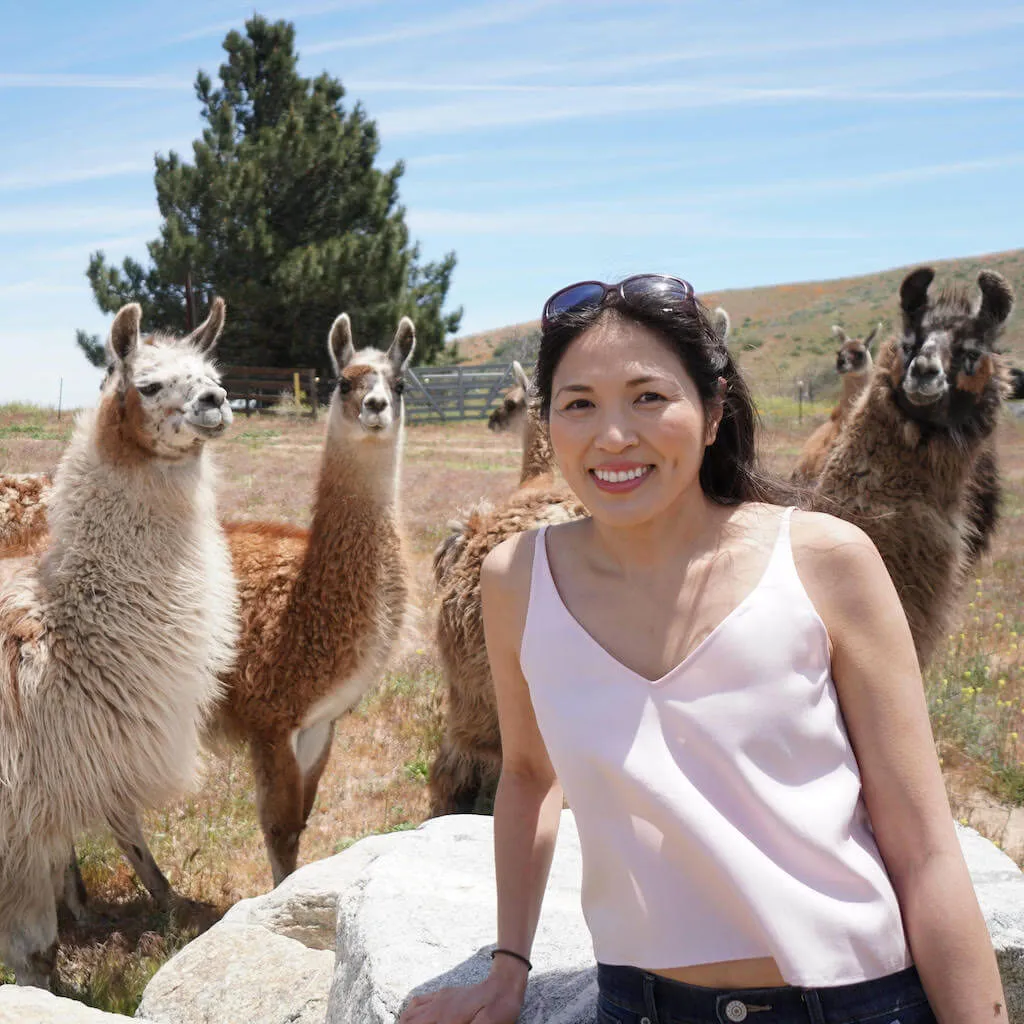
Join us as we chat with Vanni, the founder behind the sustainable vegan clothing brand VALANI. We discuss the inspiration and successes behind the brand, and Vanni advises on the challenges faced when starting a sustainable business.
Hello! Who are you, what brand do you run, and what kind of products do you create?
I’m Vanni, founder of VALANI. VALANI is a sustainable, ethical, plant-based, vegan clothing line based in California. We design dreamy clothing for women who want a fun, flirty, and beautiful wardrobe without harming the planet.
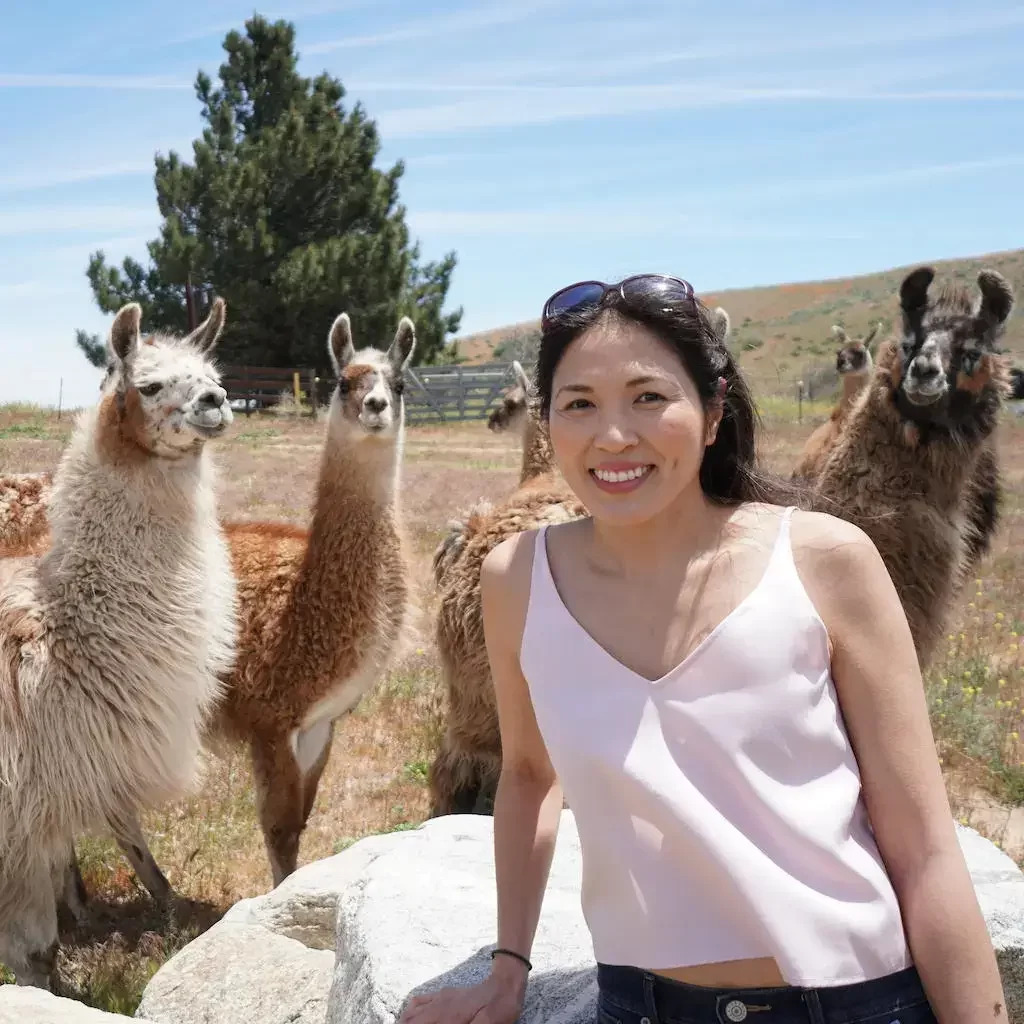
Why did you start your company? What inspired you?
VALANI has been my way of expressing creativity and filling a gap that I saw in the sustainable clothing niche.
Most sustainable brands that I found were neutral colored, boxy or boring. I wanted something fun, flirty, bold and feminine.
Veganism is a plant-based life built on compassion and respect for everything, and so I wanted my clothes and brand to share the same values.
However, my focus on sustainable fashion stems from my vegan lifestyle. Veganism is a plant-based life built on compassion and respect for everything, and so I wanted my clothes and brand to share the same values.
What core elements of VALANI are important to you which illustrate your brand values and culture?
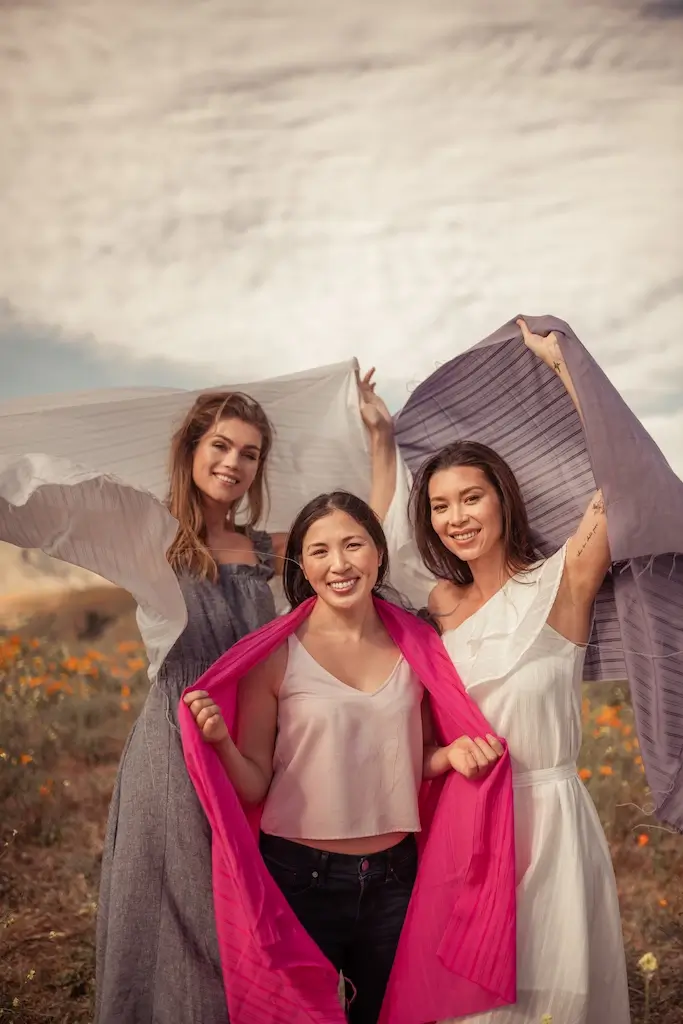
Being 100% vegan, sustainable and cruelty free are so important. You hear a lot about people being against the use of fur and exotic skins, but not so much about other animal-based textiles in the fashion industry.
Being 100% vegan, sustainable and cruelty free are so important.
We don’t use wool, silk or leather in our products because there are better cruelty free alternatives available. We’re all interconnected, so it’s important to respect the Earth and all of its inhabitants.
What were the main challenges and learnings you had when starting VALANI? How do things compare today to when you first started?
As a small business, spreading awareness of our brand and mission are huge challenges. Operating in a sustainable and ethical process along with quality fabrics is much more costly than operating as a fast fashion brand. We don’t have a huge budget like the big boys, but we aim to do our best via organic means.
We’ve been able to spread brand awareness through organic reach, social media and press mentions. It takes time for the press to take notice and we’re so glad when it happens!
Do you have any advice for anyone wanting to start a sustainable business?
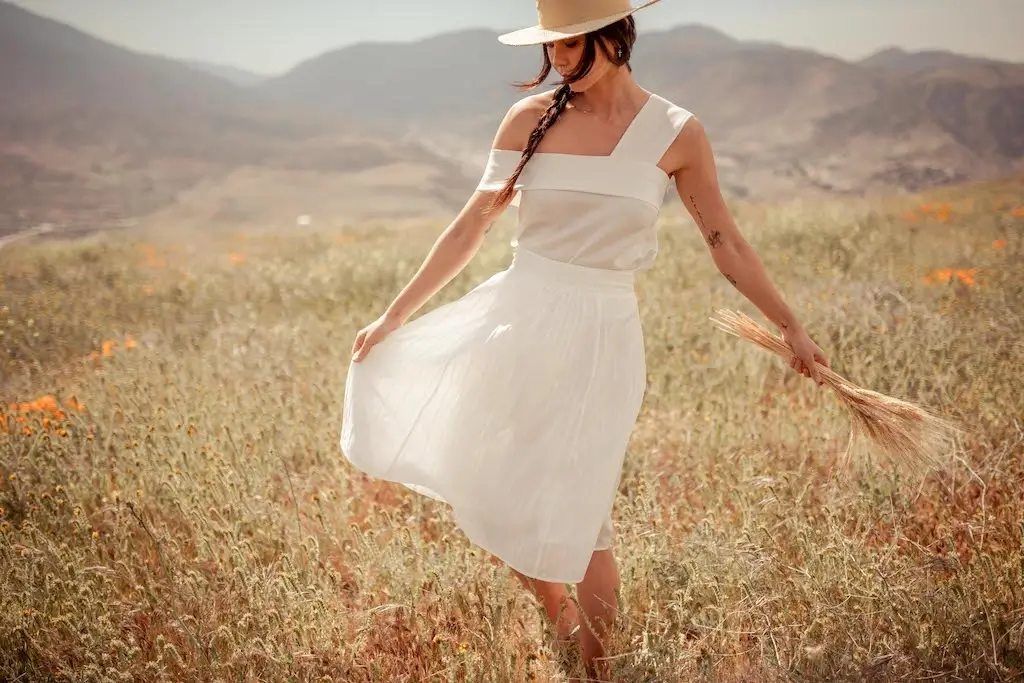
It takes a lot of time and effort to do things more sustainably and will cost more money.
Be prepared for the extra costs and efforts in educating consumers. It’s a long, complicated journey, so be prepared to have a great team to support you.
In your eyes, what’s the biggest achievement or milestone so far?
I’m proud of being a vegan, BIPOC woman owned, sustainable clothing brand.
I’m proud of being a vegan, BIPOC woman owned, sustainable clothing brand.
VALANI has been recognized by a few big publications so far and it’s great knowing that our brand awareness is increasing.
How do you ensure your company stays true to your mission as you grow?
As our team grows, I’ve been pretty selective in onboarding people who believe in our mission. I’ve been a vegan for 25+ years, and will continue to stay true to my core values. VALANI is an extension to my vegan lifestyle, so providing quality vegan, plant-based options to consumers will always be top priority.
What do you think are the main challenges around sustainability today? How do you approach these on a day-to-day basis?
The biggest challenge is the rising costs throughout the supply chain as well as labor costs. Of course, this is a shared challenge across every industry this year. Sustainable products are usually presented at a higher cost, which may be a barrier for some consumers.
Do you have any advice for people looking to be more sustainable in their consumption habits and lifestyle?
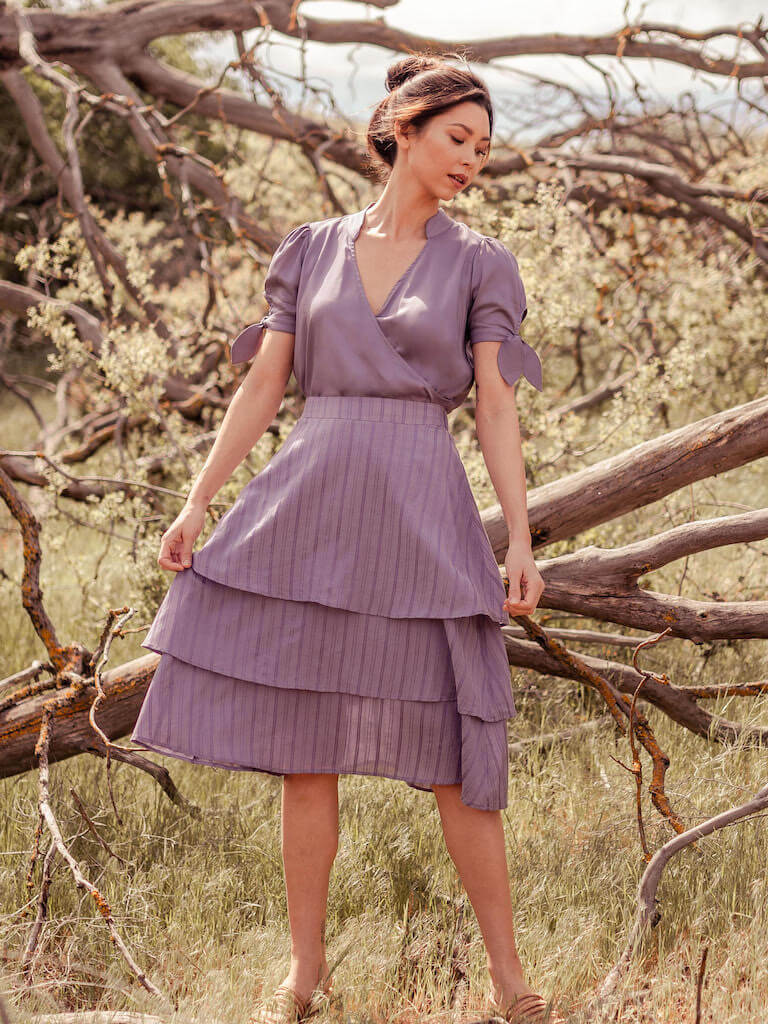
Sustainable products generally require higher upfront costs in comparison to fast fashion. However, I encourage people to look at cost per wear and quality.
Fast fashion items are created with the intention to be worn a few times and disposed of. Sustainable fashion is the opposite - it’s created with better fabrics and quality construction to last along with fair wages and eco-friendly production.
If things aren’t in your budget, secondhand clothing is another sustainable method and if you’re considering something new - buy sustainable products if possible.
Have you tried a product from another sustainable and ethical brand that you recommend?
I love the coconut shell jewelry from Coco & Souls - natural, simple yet stunning. Local artisans in El Salvador repurpose coconut shells to create these beautiful pieces. Otherwise, these shells typically go to waste. Check them out here.
What does the future look like for your brand?
We are so excited to be expanding our product offerings to include a zero waste, vegan skincare line. It’s currently in the works, so stay tuned!
We hope you enjoyed this Q&A series, we want to say a huge thank you to Vanni for chatting with us.
If you loved this Q&A, check out the rest of our series and dive behind the scenes of brands like Kitty & Vibe, Lark & Berry, and more.

